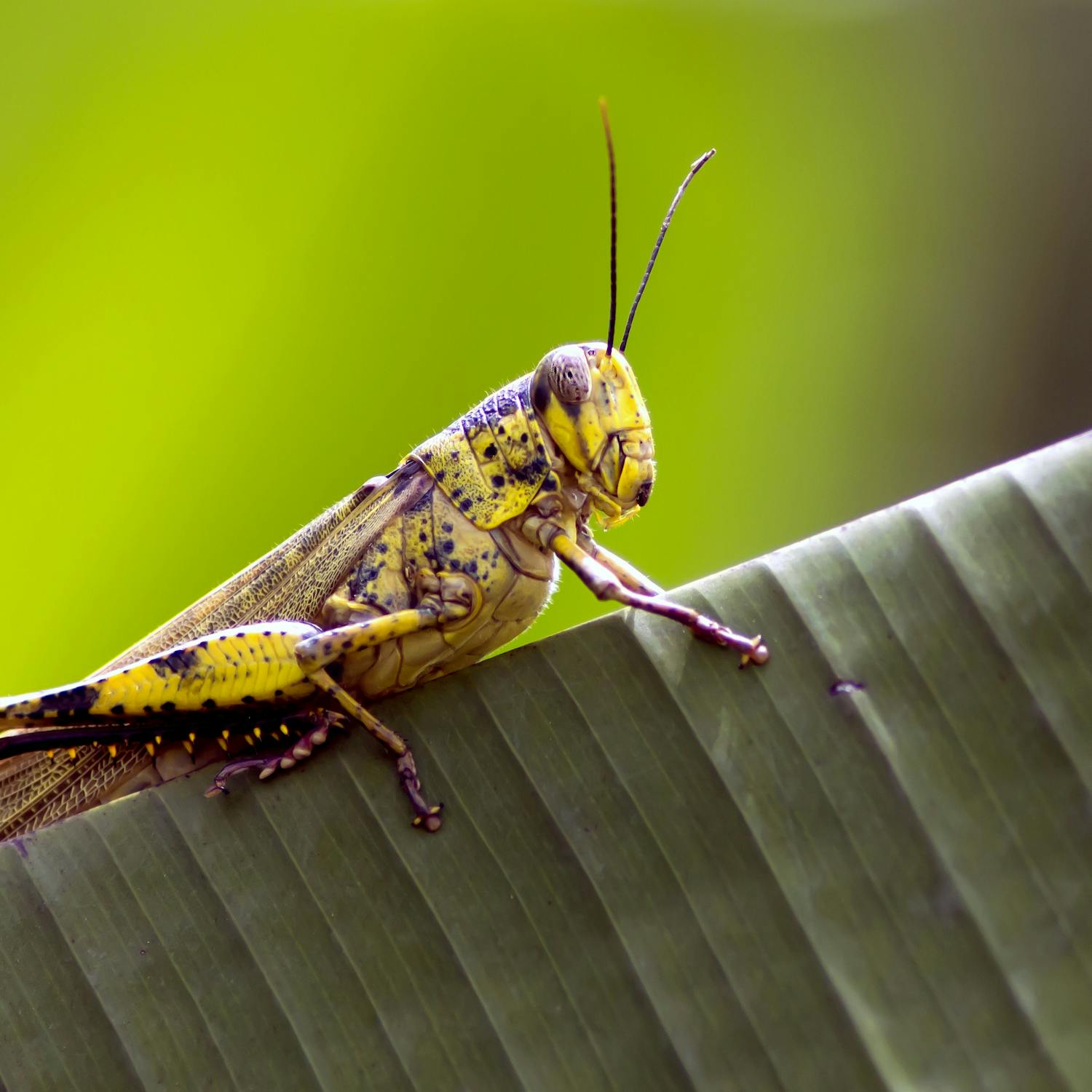How to get yours:
Get a Free Shaker when you use code 'FREESHAKER' at the checkout.
Please note: we are unable to add a shaker after the order is complete. You must add the shaker before using the code!
This store requires javascript to be enabled for some features to work correctly.
In the evolving landscape of dietary supplements, insect protein and whey protein emerge as two significant contenders.

Photo by Dane Sam: https://www.pexels.com/photo/yellow-cricket-on-banana-leaf-4443916/
Whey protein, derived from milk, is renowned for its high concentration of branched-chain amino acids (BCAAs), vital for muscle repair and growth. Its rapid absorption rate makes it a favorite among athletes for post-workout recovery.
Despite its benefits, whey protein might not suit everyone, especially individuals with lactose intolerance or dairy allergies, as it can cause digestive discomfort.
Insect protein is a sustainable and eco-friendly alternative to conventional animal proteins, sourced from edible insects like crickets.
Crickets are especially prized for their high nutritional value, providing essential amino acids, vitamins, and minerals with a significantly lower environmental footprint.
They require less water, food, and space to raise, and produce fewer greenhouse gasses, positioning them as a promising and efficient food source for the future.
This makes cricket protein an innovative solution in the quest for sustainable nutrition.
Cricket protein, highlighted for its minimal environmental footprint, requires fewer natural resources for production compared to traditional protein sources. It's highly digestible and rich in lysine, essential for muscle protein synthesis and various health functions.
Beyond protein, cricket powder provides dietary fiber, omega-3 fatty acids, and a spectrum of vitamins and minerals, making it a nutritionally dense option. It also supports gut health by acting as a prebiotic, promoting the growth of beneficial gut bacteria.
Both protein types offer a complete amino acid profile. However, cricket protein distinguishes itself with a lower environmental impact and a broader nutrient profile, including dietary fiber and essential micronutrients lacking in whey protein.
While whey protein is highly digestible and efficient in muscle synthesis, cricket protein's potential for higher digestibility and its role in gut health present it as a versatile, health-promoting alternative.
The choice between insect and whey protein depends largely on individual health goals, dietary preferences, and specific restrictions.
Whey protein is renowned for its ability to support muscle repair and growth but is not suitable for those with lactose intolerance, dairy allergies, or those adhering to a vegan diet.
Insect protein, particularly from crickets, offers a comprehensive nutritional profile, making it an ideal option for a wide range of individuals, including:
The environmental impact of protein production is a significant factor in the choice between insect and whey protein. Insect protein production boasts a lower environmental footprint due to:
The landscape of protein supplements is evolving, with insect protein emerging as a viable complement to traditional sources.
Research into the health and environmental benefits of insect protein is expanding, highlighting its potential as a sustainable, nutritionally rich food source.
The global push towards sustainable dietary practices underscores the importance of innovative food sources like insect protein. As it becomes integrated into more diets, insect protein stands to redefine our food system, making it healthier and more sustainable for future generations.
Insect protein and whey protein each have their unique advantages and applications.
While whey protein remains a staple for muscle growth and recovery, the nutritional diversity and eco-friendly nature of insect protein make it an appealing alternative for future dietary choices.
This comparison underscores the importance of aligning protein choice with personal health goals, dietary needs, and environmental sustainability efforts.